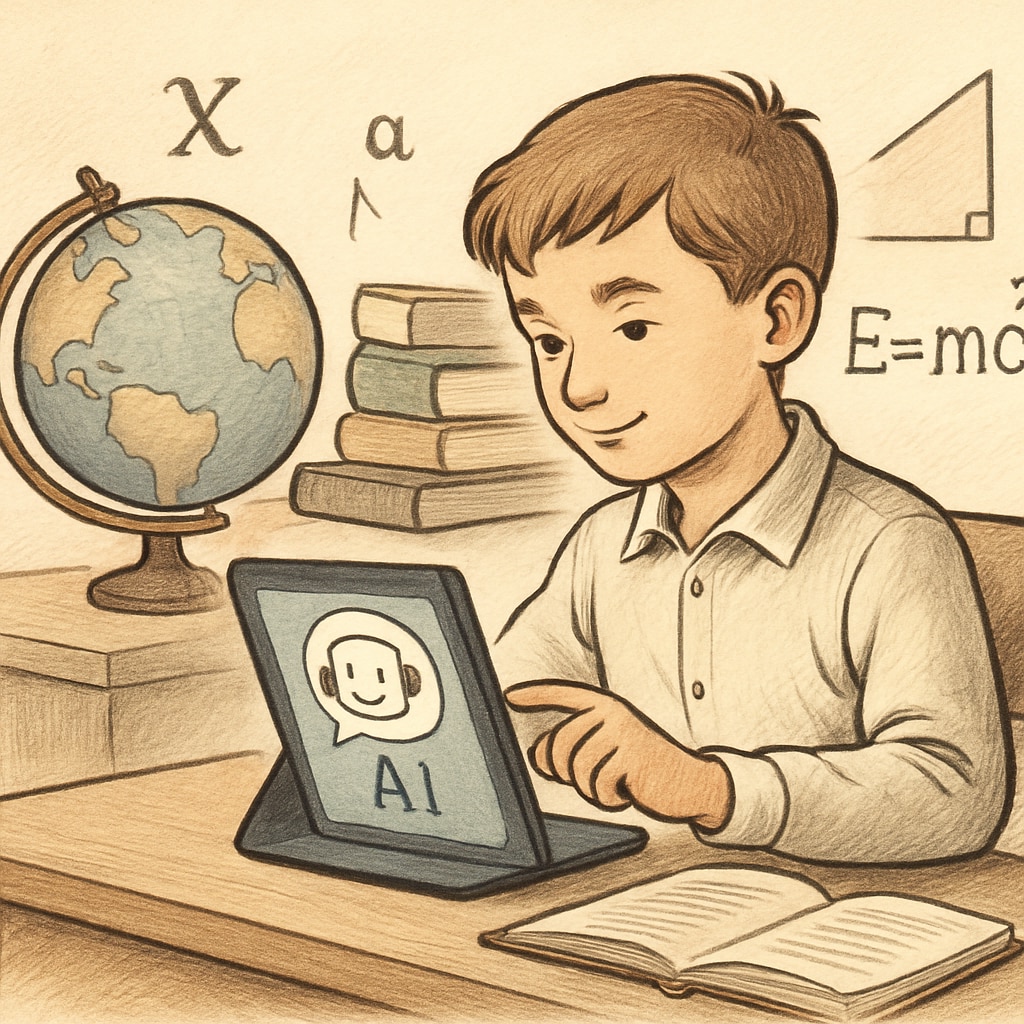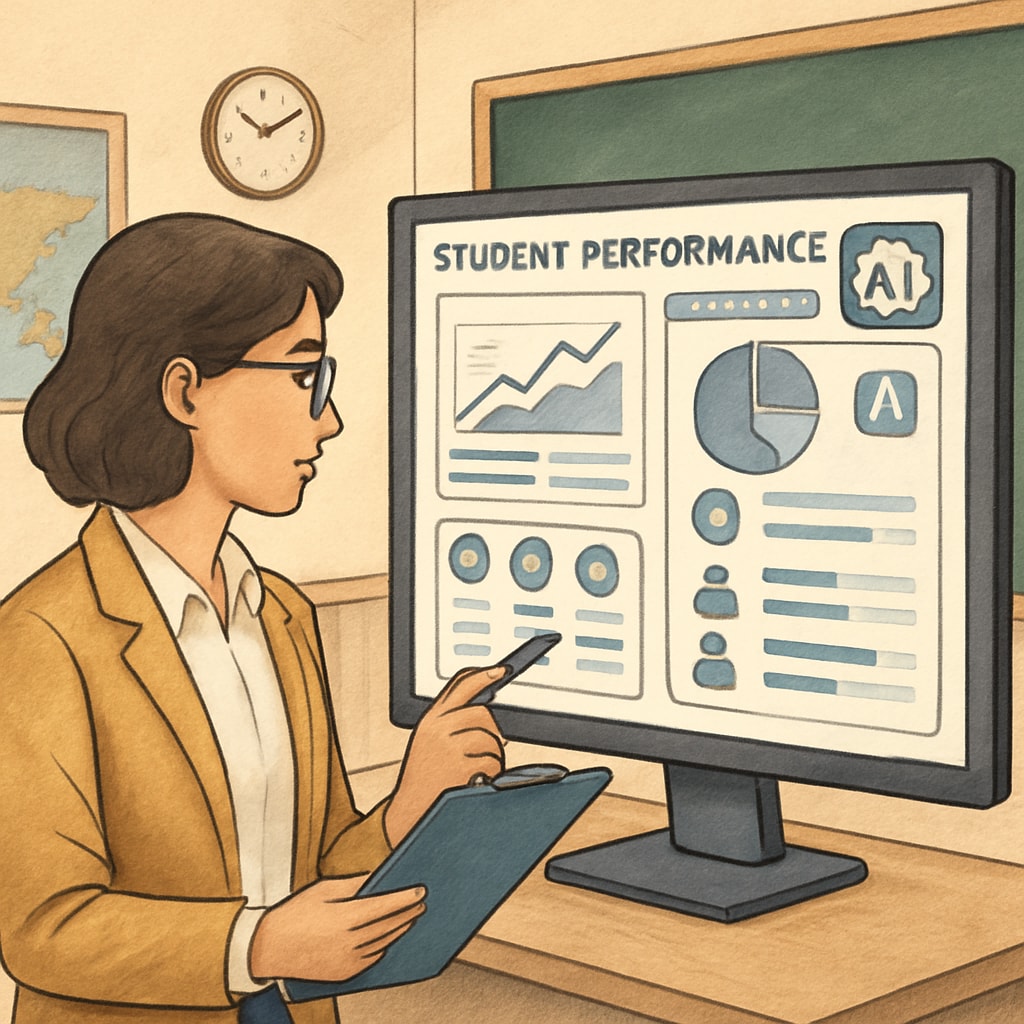Artificial intelligence (AI) is rapidly transforming various sectors, and its influence on education—particularly in the K12 segment—is both profound and inevitable. From personalized learning experiences tailored to each student’s needs to redefining the roles of educators, AI is poised to revolutionize how knowledge is imparted and assessed. Over the next decade, the integration of AI in K12 education will create opportunities and challenges that educators and institutions must navigate thoughtfully.
Personalized Learning: A Tailored Approach for Every Student
One of the most significant contributions of AI in education is its ability to enable personalized learning. Traditional teaching methods often follow a one-size-fits-all approach, which can leave some students behind while others remain under-challenged. AI-powered platforms can analyze individual learning patterns, strengths, and weaknesses, providing customized content and feedback.
For example, adaptive learning systems like DreamBox and Khan Academy use AI algorithms to adjust lesson difficulty in real-time, ensuring that students remain engaged and learn at their own pace. As a result, students can achieve mastery in subjects more effectively without feeling overwhelmed or disengaged. According to a Britannica article on personalized learning, this approach has already shown promising results in improving retention rates and academic performance.

Redefining the Role of Teachers in an AI-Driven Classroom
While AI can augment the learning process, it will not replace teachers. Instead, the role of educators will evolve to focus on guiding students and fostering critical thinking skills. With AI handling repetitive tasks such as grading and administrative work, teachers can dedicate more time to mentoring students and addressing their emotional and social needs.
Moreover, AI can provide teachers with valuable insights into student progress. For instance, platforms like Edmodo and Classcraft allow educators to track performance metrics and identify areas where students struggle. This data-driven approach empowers teachers to intervene early and offer targeted support, creating a more inclusive and equitable learning environment.
However, this transition will require significant professional development for educators. Schools and organizations must invest in training programs to help teachers adapt to these new technologies effectively.

Innovative Assessment Methods: Moving Beyond Standardized Tests
Another area where AI is set to make a substantial impact is student assessment. Traditional standardized tests often fail to capture the full spectrum of a student’s abilities, focusing primarily on rote memorization. AI-driven assessment tools can evaluate a broader range of competencies, including creativity, problem-solving, and collaboration.
For example, AI can analyze written essays for grammar, coherence, and originality, providing immediate feedback to students. Additionally, AI-powered simulations and virtual environments can assess how students apply knowledge in real-world scenarios. These methods offer a more holistic understanding of student progress, aligning with the educational goals of the 21st century.
However, the implementation of such tools raises ethical questions regarding data privacy and bias. It is crucial for policymakers and developers to establish clear guidelines to ensure that AI systems are transparent, fair, and secure.
Preparing for the Future: Challenges and Opportunities
While the benefits of AI in education are undeniable, its integration into K12 classrooms is not without challenges. Issues such as unequal access to technology, resistance to change, and ethical concerns must be addressed to ensure that AI’s impact is positive and inclusive.
- Access and Equity: Bridging the digital divide is essential to ensure that all students, regardless of socioeconomic background, can benefit from AI-enhanced education.
- Teacher Training: Comprehensive professional development programs are necessary to help educators embrace and utilize AI tools effectively.
- Ethical Considerations: Policymakers must prioritize data security and algorithmic fairness to build trust in AI systems.
In addition, collaboration between educators, technologists, and policymakers will be critical in shaping the future of AI in education. By addressing these challenges proactively, we can create a learning environment that is both innovative and equitable.
As we look ahead to the next decade, the integration of artificial intelligence in K12 education represents a paradigm shift. By leveraging AI responsibly, we can unlock new possibilities for personalized learning, redefine the role of teachers, and create more comprehensive assessment methods. The journey may be complex, but the potential rewards for students, educators, and society as a whole are immense.
In conclusion, artificial intelligence is not just a tool—it is a transformative force that will redefine the future of education. By embracing this change thoughtfully, we can ensure that the next generation is equipped with the skills and knowledge to thrive in an increasingly complex world.


